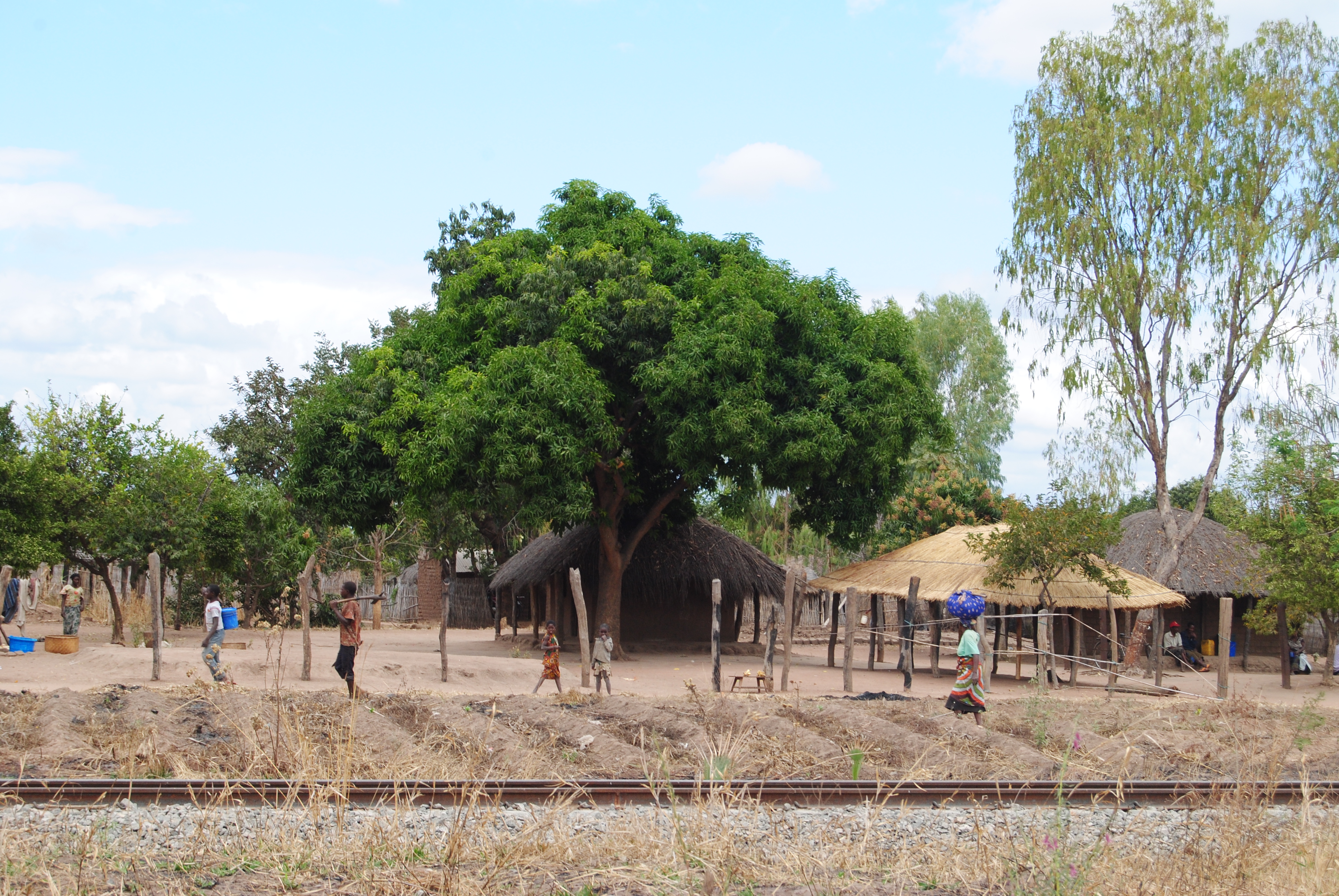
Clean Energy Technology in Mozambique announced at the Clinton Foundation

A Clinton Global Initiative (CGI) Commitment to Action has been made today at the CGI Annual Meeting in New York to launch a program that will promote community adoption and integration of electricity in the village of Titimane in Mozambique.
This rural community has no access to the country's electric grid, but through a 2015 program by EDP, Titimane will soon have an independent network supplied by renewable energy generated by solar panels and a biomass plant fired by cotton stubble grown by the region's small farmers.
Working with two local NGO implementation partners, EDP will develop an integrated behavior-based economic development approach that will enable all 4,000 members of the community to leverage this new access to electricity by providing comprehensive outreach, training and community programming over 2.5 years in four focus areas: entrepreneurship, education, health, and community empowerment. This will speed up the impact that access to energy can have in improving the quality of life for the residents of Titimane. This integrated and sustainable approach was announced on stage at the CGI Annual Meeting. The Mozambican Government recognizes the importance, innovation and social nature of the project.
Approximately one billion people around the world still have no access to energy. In Mozambique, this situation affects 70% of the population. In Titimane, the only power sources available are battery-powered torches and a few diesel generators.
Rural development program will speed up improvements in living conditions
The building work for the plants and the grid should begin by the end of the year. Its completion is scheduled for 2017. At the same time, the Non-Governmental Development Organisations (NGDOs) OIKOS and Leigos para o Desenvolvimento, with the support of Portuguese Cooperation managed by Instituto Camões, are launching a number of initiatives to improve the conditions of health, education, entrepreneurial promotion, training, environmental awareness-raising and energy efficiency. An Integrated Rural Development Program will indirectly ensure the sustainability of the energy solution by speeding up the effects of access to energy on the life of the community.
The infrastructure will be handed over to a company to be created with local partners, the future concessionaire of the power supply service. Energy will be charged to consumers on the basis of different tariffs, a market model intended to ensure feasibility conditions to maintain and increase supply capacity in a reliable, sustainable way.
For EDP, the project builds on initiatives developed in other countries, especially that implemented in 2010 in the Kakuma refugee camp in Kenya. Titimane will also serve as a test of the commercial feasibility of this integrated model for the electrification of communities without any foreseeable access to national electrical grids in the short/medium term.
About Titimane: 1,900km north of Maputo, the capital of Mozambique, Titimane is a small community with 900 households. The nearest town, Cuamba, is half an hour away, and is accessible by a dirt road. The electrical grid ends there. There are no plans to extend it to Titimane.
The families are mostly devoted to subsistence farming, and receive most of their income from growing cotton, which is processed by Sociedade Algodoeira do Niassa - JFS Group, a partner in the electrification project. Titimane has a school, a health center, a maternity unit, a mosque and a church. There are small businesses and mobile phones have also arrived. One third of households has a mobile phone. Ingenious methods are used to charge these phones. A few solar panels and generators can also be found. However, in the main, all tasks, from the home to the fields, are performed with the help of battery-powered torches.
Soon lights will be turned on in the whole village. The basic tariff, calculated to be accessible to all households, will ensure energy for two lamps and to charge one mobile phone. It will be priced from 100 meticais per month. There are four children on average in each household. This will be the first generation to grow up with electricity, generated from renewable and clean local resources. A new horizon is opening up in Titimane.
Learn more about Titimane Project.
Learn more about Titimane Project.